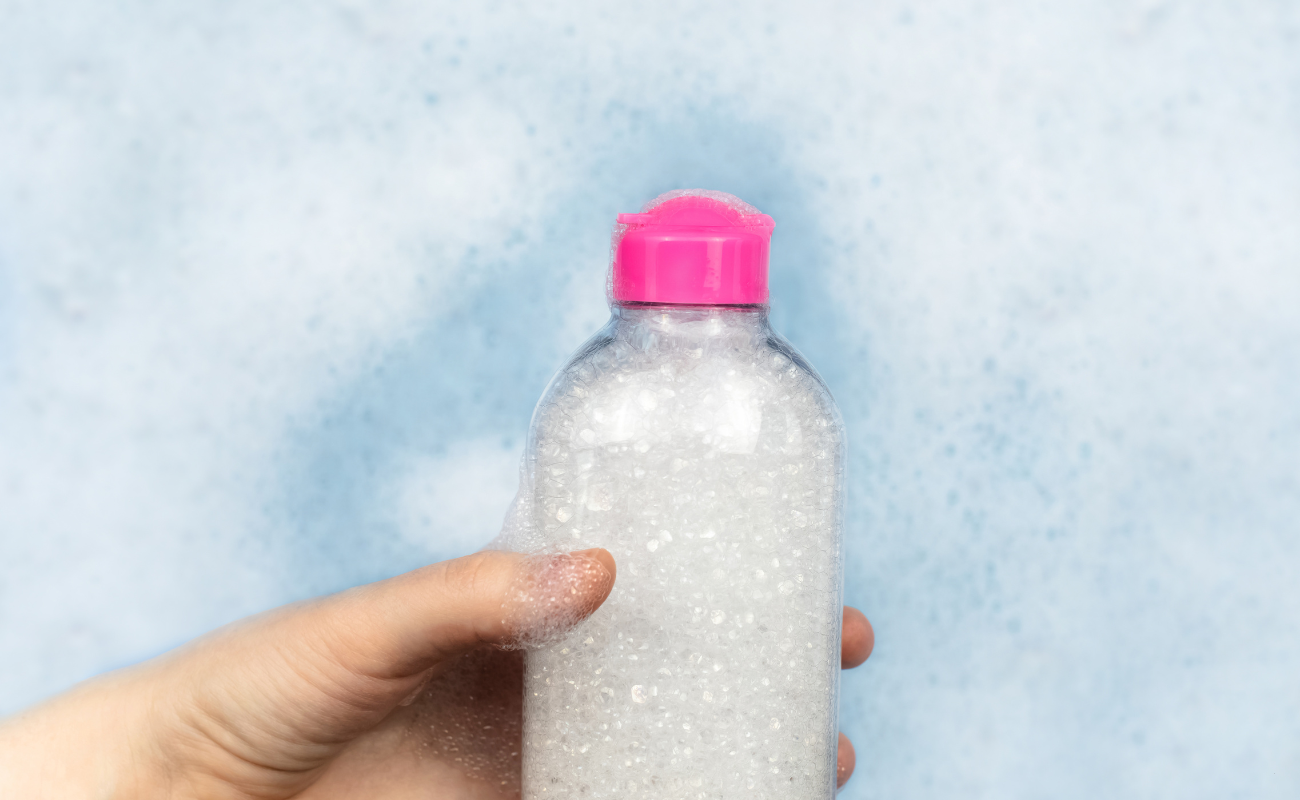Tips for Applying Makeup with Eczema: What to Keep in Mind
12 tips of makeup that eczema fighters should pay attention to so that it does not damage their skin and trigger my eczema symptoms.

Fragrance-Containing Makeup
Fragrances can trigger allergic reactions and worsen eczema by causing skin irritation.

Alcohol-Based
Products
Alcohol dries out the skin, exacerbating eczema by stripping away essential moisture.

Heavy
Foundations
Thick, full-coverage foundations can clog pores and trap moisture, leading to irritation in sensitive skin.

Matte
Lipsticks
Waterproof products are difficult to remove and often require harsh cleansers, which can aggravate sensitive skin and lead to flare-ups.

Waterproof
Makeup
The removal process of waterproof products often requires strong cleansers, which can irritate eczema-prone skin.

Powder-Based
Makeup
Powders can settle into dry patches, accentuating flaky skin and causing further irritation.

Shimmer or Glitter
Products
Using products that clog pores can trigger irritation or inflammation, so stick to non-comedogenic makeup that won’t block pores.

Artificial
Dyes
Synthetic colorants may cause allergic reactions, leading to inflammation and itching in eczema-affected skin.

Long-Wear
Formulas
Long-lasting makeup often contains drying ingredients that can aggravate already sensitive skin.

Oil-based
Makeup
Heavy oils can block pores, leading to inflammation and exacerbating eczema symptoms.

Paraben-Containing Products
Parabens are preservatives that can cause allergic reactions, worsening eczema in some individuals.

Sulfate-Containing Cleansers
Sulfates strip the skin of natural oils, which can lead to increased dryness and irritation in eczema-prone skin.
